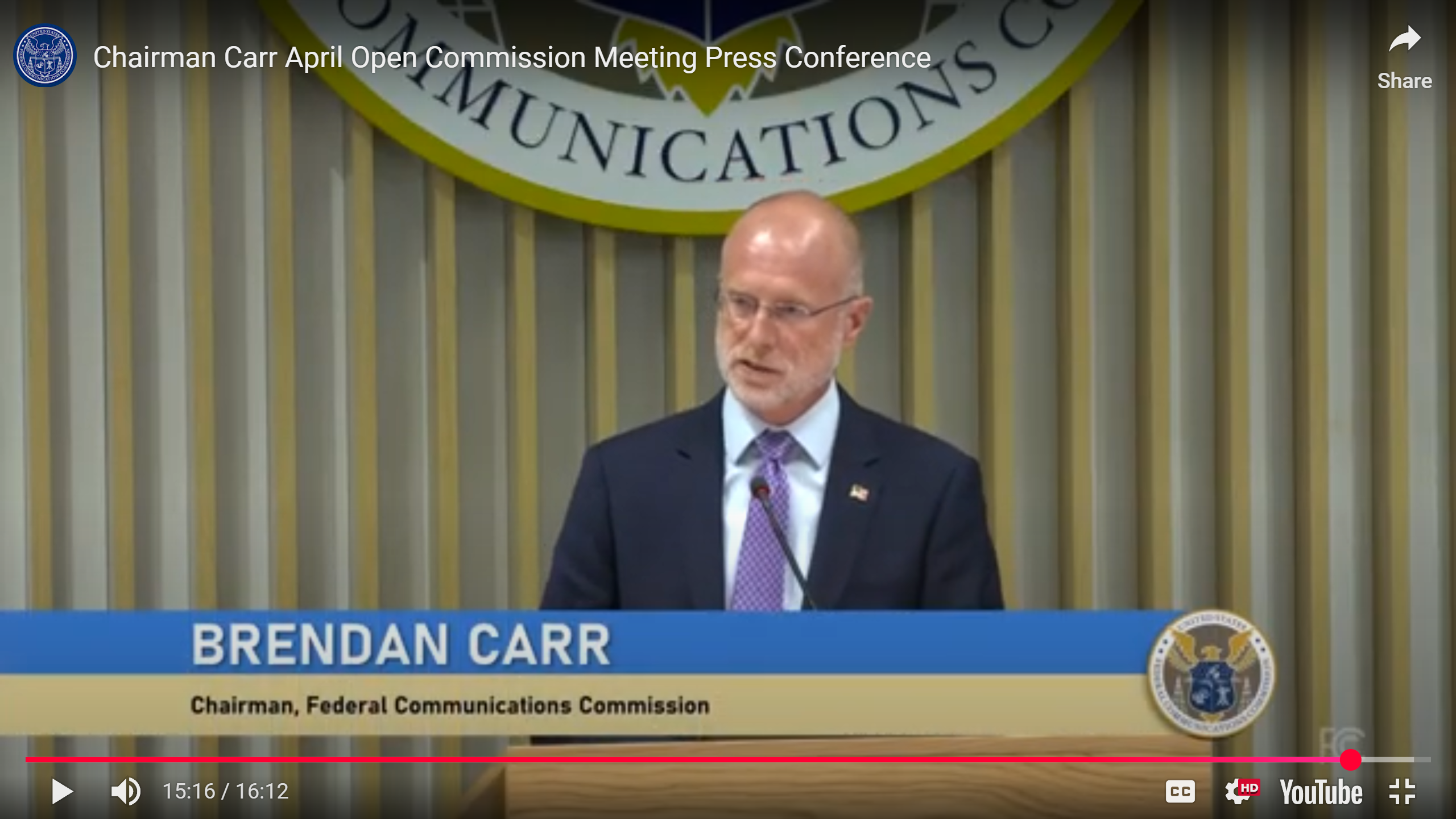Dumbing Down the Kids
The professional video industry's #1 source for news, trends and product and tech information. Sign up below.
You are now subscribed
Your newsletter sign-up was successful
It's summer. The kids are out of school-time for adventure, camp, swimming, reading... or... television? For too many, apparently, it's just another day parked in front of the TV set - the nation's most popular baby sitter.
Few would argue - especially those in the media business - that extreme television viewing is good for kids. But then I don't remember any major industry campaigns urging parents to turn off the set after their kids have gotten that zombielike look that comes after four or five straight hours in front of the tube.
If you think kiddie viewing is no big deal, consider that by the age of 18 the average American teenager has spent more hours in front of a television set than in school. Along the way, that average 18-year-old has seen more than 200,000 acts of television violence, including more than 16,000 murders. No one has even attempted to count the number of commercials.
CAUSAL CONNECTION
We haven't begun to understand the ultimate effects that TV technology will have on future generations. But the evidence is becoming increasingly clear that such excessive TV viewing is not only a threat to the health of children, but is having a huge impact on the way they think and learn.
The problems are widely documented. For example, a recent study in Archives of Pediatrics and Adolescent Medicine warns that too much tube-time (meaning in excess of three straight hours) can cause teenagers significant sleep problems, including nightmares, problems falling asleep and morning irritability.
A congressional conference on public health cited well over 1,000 studies that "point overwhelmingly to a causal connection between media violence and aggressive behavior in some children... Its effects are measurable and long-lasting... prolonged viewing of media violence can lead to desensitization toward violence in real life."
Younger kids are getting increasing doses of the video drug. Based on a recent survey of parents, it was found that kids six months to six years spend about two hours a day watching television, playing video games or using computers-this is from research by the Kaiser Family Foundation and Children's Digital Media Centers.
Kaiser learned that about one-third of children six and younger have TV sets in their rooms and a similar proportion live in homes where a television is on most or all the time. In those "heavy TV households," 34 percent of children ages four to six can read, compared with 56 percent in homes where the TV is on less often.
"Watching TV is far inferior to playing with toys, being read to or playing with adults or talking with parents," said Dr. Henry Shapiro, chairman of developmental and behavior pediatrics at the American Academy of Pediatrics. "Watching TV without a parent is a junk experience, especially for young children."
The Kaiser report found that 27 percent of four-to-six-year-olds use a computer each day, spending an average of one hour at the keyboard. Among kids in that age group, the report said half have played video games and one-quarter play several times a week or more. In a typical day, 24 percent of boys played video games compared with eight percent of girls.
What I found surprising was the large number of parents who think that computers and television are good for their kids. The Kaiser report said that 72 percent of parents believe computers mostly help in children's learning and 43 percent feel the same about television. Twenty-seven percent said TV mostly hurts kids' learning and 21 percent said it doesn't have much effect one way or another.
Dr. Shapiro takes a middle-ground position, suggesting that it isn't all bad that many kids are sitting in front of TVs, computers and video games. "Kids are home, safe, they are learning things," he said.
"It all boils down to the involvement of parents as leaders and mentors," Shapiro said. "To the extent that children are being minded by machines is not a good thing, but children playing with technology is no different than the latest technology being crayons."
COMMON SENSE
Over the years, I have witnessed the effect of intelligent parental guidance on TV viewing. Two friends, both of whom produce television programming, have raised children without allowing them casual television viewing at home. Their concerns about TV extend beyond violence to the medium's continuous promotion of consumerism.
In both cases, the parents blocked commercial broadcasts and watched-with their kids-only selected feature films and programs. Simultaneously, they emphasized reading and encouraged their children to write essays about subjects of interest. The kids, who became excellent writers, took great joy in trying to outdo each other with their literary works.
Another friend allowed her children to watch a limited amount of commercial fare on TV, but in most cases joined to watch with them. This frequently resulted in parent-child discussions about the issues raised in the programs.
In each case, these kids turned out to be intelligent, well-rounded young adults with open minds and the ability to think for themselves. In retrospect, it seems that a reasonable restriction in television viewing by kids is simply a matter of parents using good common sense.
However, as we know, common sense is in short supply these days. Perhaps it is time for the TV industry - as has happened with the alcoholic beverage industry - to remind parents that TV can be a powerful drug. It should be used in moderation, if we're to make sure that kids don't overdose.
The professional video industry's #1 source for news, trends and product and tech information. Sign up below.
Frank Beacham is an independent writer based in New York.

